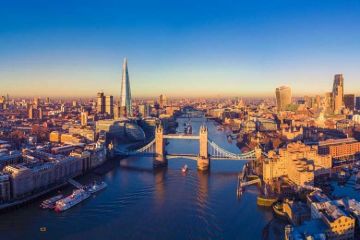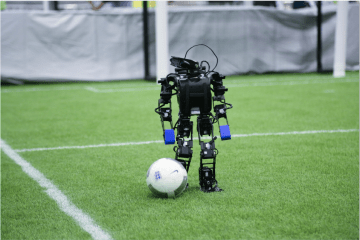The US has extended its lead at the top of an influential index that measures the soft power impact of universities, with the tally of world leaders educated by American institutions increasing by five.
A total of 70 serving world leaders have now received higher education in the US after the largest year-on-year increase since the first iteration of the Soft-Power Index, published by the Higher Education Policy Institute (Hepi), in 2017.
In the eighth annual ranking, the UK – which once topped the list – has seen no net change in the 58 leaders it educated despite various comings and goings in the high offices of state around the world.
It means that, after the gap between the UK and the US closed from 11 to seven in last year’s index, it is now at its largest ever.
“What could once have been excused as a blip is now a very clear trend,” said Nick Hillman, Hepi’s director, who attributed the stagnation to the UK’s “constant flux in policy” regarding international students.
The UK and the US remain far ahead of all other countries in the number of world leaders – defined as monarchs, presidents and prime ministers – they educate, reflecting the strength of their university systems and the power of the English language on the global stage.
France is third, with 28 leaders educated, a drop of two from 2023 and the country’s worst performance on record.
Russia is fourth, with 10, while Australia, Belgium and Spain tie for fifth place, having educated seven world leaders apiece.
The index, which counts only leaders educated outside their own home country, can be a “useful proxy for the amount of soft power held by different countries”, Hepi said.
According to Mr Hillman, who said he was “sorry to see the UK’s relative position slip” for the sixth time in seven years, the country had “confused people” about whether it truly welcomed international students with policies such as the tighter visa rules introduced in January.
It should not be assumed that “we will recover the ground we have lost relative to the US”, Mr Hillman warned.
Notable additions to the UK’s tally this year included Finland’s new president, Alexander Stubb, who studied at the London School of Economics; Sylvania Burton, the first female president of Dominica, who studied as a postgraduate at the University of Manchester; and Mohamed Muizzu, now president of the Maldives, who has a PhD in civil engineering from the University of Leeds.
However, it lost University of Cambridge and LSE alumna Queen Margrethe II of Denmark, who abdicated earlier this year, and Hage Geingob, the former president of Namibia, who studied at Leeds and died in office in February.
POSTSCRIPT:
Print headline: US outshines UK in display of HE’s soft power
Register to continue
Why register?
- Registration is free and only takes a moment
- Once registered, you can read 3 articles a month
- Sign up for our newsletter
Subscribe
Or subscribe for unlimited access to:
- Unlimited access to news, views, insights & reviews
- Digital editions
- Digital access to THE’s university and college rankings analysis
Already registered or a current subscriber?










